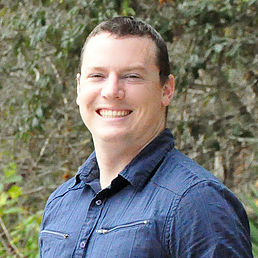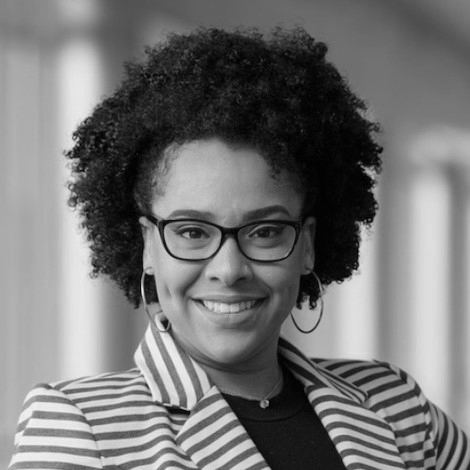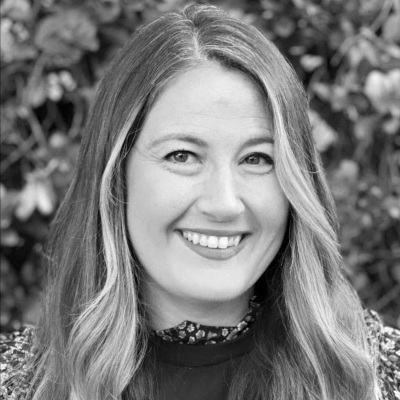What are “fair fighting rules”, and how can they help us? At some point, most people who are in relationships will find themselves in conflict with a spouse, partner, or family member. The intensity of these arguments can range from mild to fiery eruptions of vitriol and anger. Knowing how to keep disagreements focused and fair is critical. Here are ten tips that might help your next argument go better!
1. Reflect on why you are upset before you start talking.
Are you upset because your partner left the shirt on the bed? Or are you upset because you feel like they do not contribute to household chores, like laundry? Understanding the actual root of your frustration, irritability, or anger is critical to effectively communicating with others and problem-solving the real issue.
2. Limit your argument to a single issue. Pick one, and stick to it.
Arguments can quickly devolve into a mass of unrelated complaints or allegations that are not related. “You don’t spend enough time with me” can quickly shift into “You hate my family”, which while related, cannot be effectively addressed at the same time without the potential of becoming either emotionally or mentally overwhelming. Limiting arguments to one issue or problem helps us engage in fair fighting.
3. Separate your thoughts and your emotions.
At some point in our life, we have probably heard someone say “I feel like you don’t care” or “I feel like this is not important to you”. While we understand the sentiment behind these statements from a conversational perspective, “You don’t care” and “This is not important” are not things you feel. These are thoughts, which likely result in feelings, such as anger, frustration, sadness, or hurt. Discriminating our thoughts and feelings help us more effectively communicate because ideas are more negotiable during a debate, whereas challenging someone’s feelings will likely be ineffective, if not inflammatory.
4. Discuss the problem, not the person.
“You left the toilet seat up again!” is a very different statement than “You’re such a slob!” Personal put-downs, swearing, or name-calling only serves to heighten the intensity of our emotions during disagreements and detracts from the real issues at hand.
5. Take Turns.
Everything you learned as a kid still applies when arguing as an adult. Despite the difficulty, waiting for the other party to finish (and clarifying when you are not sure if they tend to be long-winded!) is critical to allow both parties to express themselves. Can’t agree on a limit? Set a timer, and actively listen while they are talking.
6. Listen to understand. Not to respond.
If it is not your turn to talk, listen so you actually understand where the other person is coming from and what their point of view is. It can be remarkably satisfying to respond with a savage comeback but provides little value towards actually resolving the conflict.
7. Stop Stonewalling
Crawling into your shell and refusing to engage helps no-one. While it might feel better in the short term, you are only creating larger problems down the road as issues continue to grow in magnitude.
8. Don’t Yell.
I don’t think this needs further explanation, does it?
9. Compromise
There is rarely a perfect answer or solution when disagreeing. Life is imperfect, and we have to deal with that. Do your best to compromise. Both sides are going to have to give a little. In the event a compromise is not possible, improved understanding is better than nothing at all.
10. When all else fails, take a break.
If disagreements or fights become too intense or too personal, ask to take a 5-minute break or time-out. When everyone has had some time to collect their thoughts and cool down, return to solve the problem.
Are you struggling with fair fighting rules or communicating with others?
Routine use of fair fighting rules takes time, energy, and practice. If you’d like to learn more, there’s a
video by ThriveUnion you might like. If you’d like to talk more about problems communicating or expressing yourself,
let’s talk!
About the Author:
Dr. Benson Munyan is a Clinical Psychologist licensed in both Florida and Arizona. He is the Director of Neurocove Behavioral Health and specializes in the assessment and treatment of anxiety, depression, and trauma-related disorders. Dr. Munyan earned his Doctorate in Clinical Psychology from the University of Central Florida. He currently holds clinical privileges at both Neurocove Behavioral Health and the Orlando Veteran’s Affairs Healthcare System. He has also previously published clinical research and articles in peer-reviewed journals including PLoS One and Clinical Case Studies.
Dr. Benson Munyan is a Clinical Psychologist licensed in both Florida and Arizona. He is an Assistant Professor of Psychology at the University of Central Florida's College of Medicine and the Director of Neurocove Behavioral Health, LLC. He specializes in the assessment and treatment of anxiety, depression, and trauma-related disorders. Dr. Munyan earned his Doctorate in Clinical Psychology from the University of Central Florida. He currently holds clinical privileges at both Neurocove Behavioral Health and the Orlando Veteran’s Affairs Healthcare System. He has also previously published clinical research and articles in peer-reviewed journals including PLoS One and Clinical Case Studies.
Latest posts by Benson Munyan, Ph.D.
(see all)







